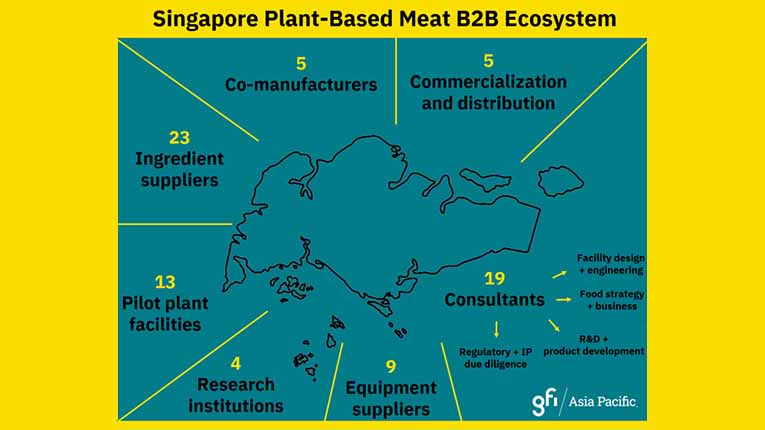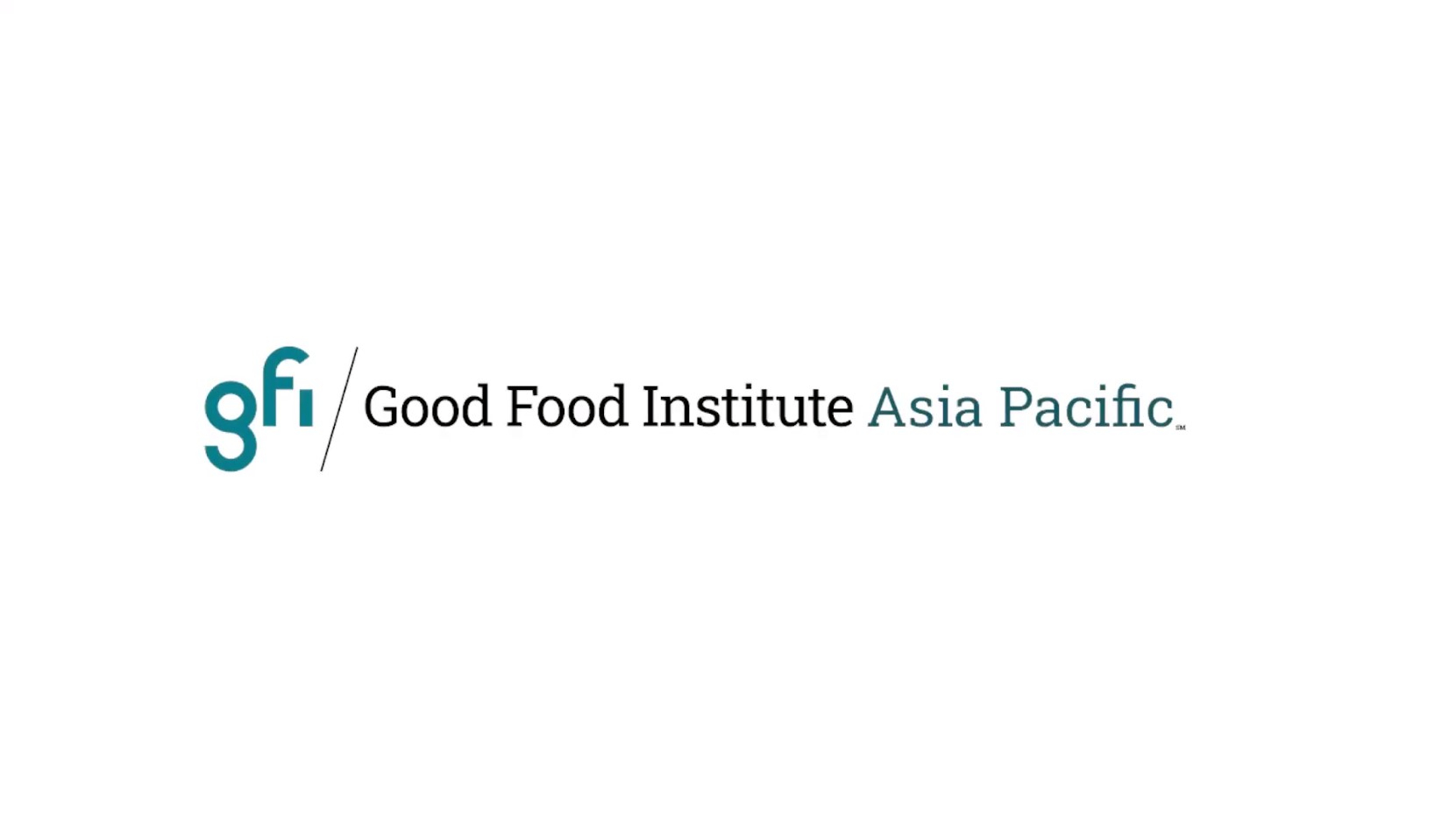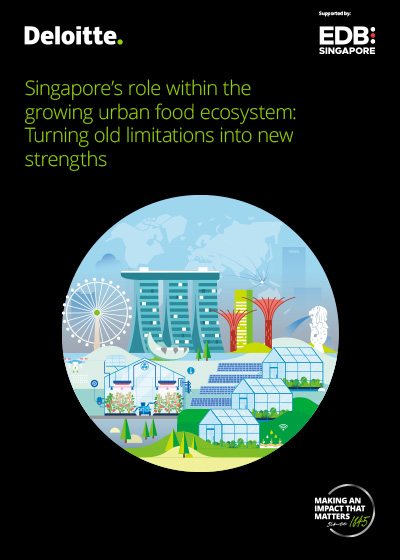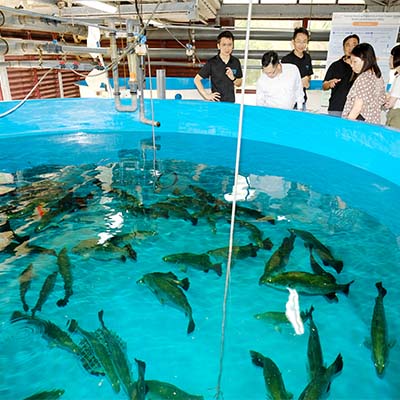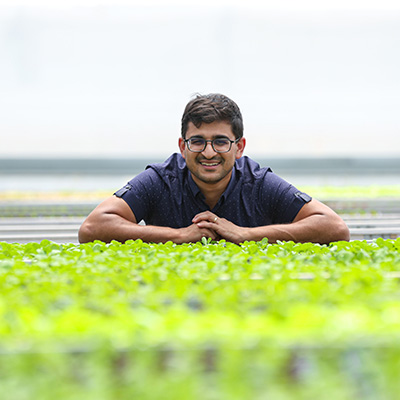The Challenging Road Ahead
For all of the technological progress that Singapore has made, GFI APAC research shows that plant-based meat market penetration within the city-state—measured as a percentage of total meat sales—is vanishingly small (0.056 percent, as of 2020). For comparison, according to The Good Food Institute’s State of the Industry report, plant-based meat accounted for 1.4 percent of total meat sales in the US during the same period, which is 25 times higher than Singapore on a percentage basis. In other words, for one reason or another, consumers in Singapore—and APAC more broadly—have been hesitant to pivot from the conventional meat they know.
Educational programmes aimed at highlighting the public health and climate benefits of a shift away from industrial animal agriculture could go a long way towards closing this gap. Similarly, collaborative partnerships with local restaurants and chains could be enacted to encourage more widespread inclusion of alternative protein menu options. The most effective efforts will reflect an understanding of Singapore’s diverse and multicultural landscape.
Accessibility and cost are also key hurdles for consumers who want to incorporate more alternative proteins into their diet, but worry they can’t afford to. By allocating resources aimed at accelerating technological advancements that drive down production costs, innovation can help alternative proteins achieve price parity with their conventional meat counterparts, thereby creating a glidepath to widespread adoption. If such efforts are successful, the result could be a virtuous cycle in which more consumer dollars flow into local businesses, thus fueling further innovation and economic growth.
Of course, in a global context, the Singapore consumer market remains relatively small, so securing regional consumer buy-in from across Asia is also necessary to have a significant economic and climate impact. That makes it all the more important that even as Singapore positions itself as Asia’s capital of intellectual property and R&D, and builds up its own plant-based and cultivated meat infrastructure domestically, that it also keeps one eye on the horizon by looking for opportunities to invest in similar infrastructure regionally. A rising tide of Asian alternative protein infrastructure lifts all boats.
Perhaps most importantly of all, regulatory approvals are an essential element of opening up new markets, so Singapore would be well-advised to continue building out the world's most advanced novel food regulatory framework to offer even more clarity and transparency on safety assessment steps. Then, leveraging the city-state’s status as a vibrant hub for experts, researchers, and innovators, persistently work to knowledge-share with other countries (especially its regional neighbors) to invite them to learn from Singapore’s experience and build up their own forward-looking novel food regulations.

